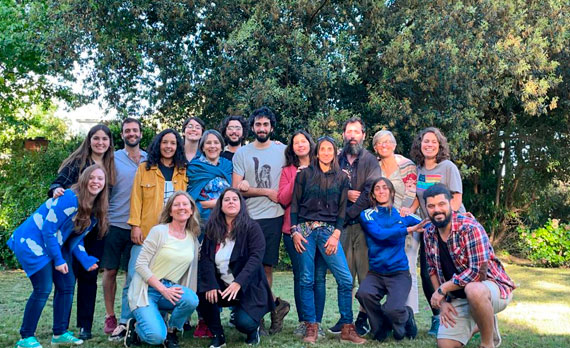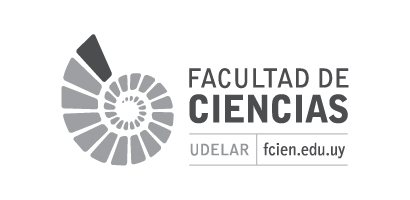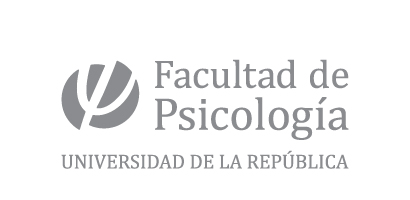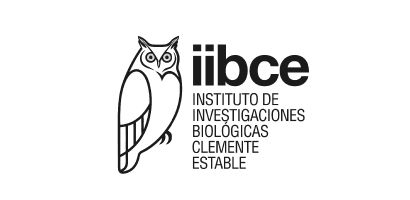We EXPLORE how ENVIRONMENTAL AND SOCIAL VARIABLES modulate the biological clock in native fishes, using different methodological approaches. We study human CIRCADIAN PREFERENCES AND SLEEP HABITS in youngsters to understand how the clock copes with different social demands and environmental challenges.
WE SEEK to understand CONTROL MECHANISMS by which living beings respond TO ENVIRONMENTAL CHANGES during their daily and seasonal routines. We also proactively seek to contribute to evidence-based social policies of light hygiene, school and work shifts, among others.












